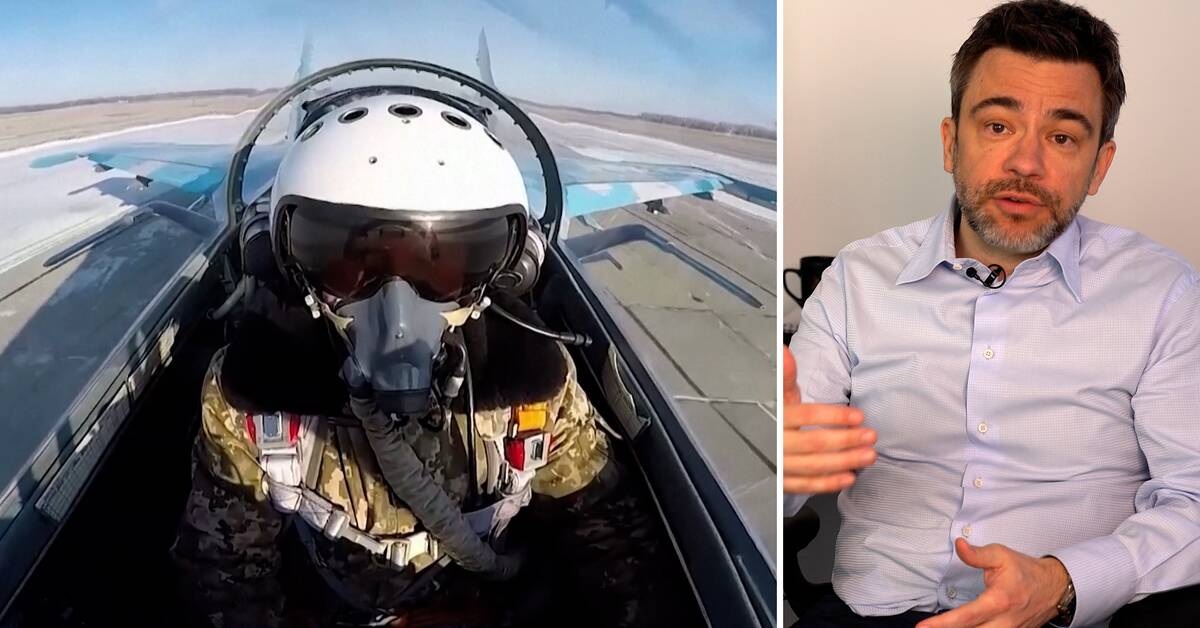Already a week after the invasion began, the picture began to clear: Russia could not carry out air strikes undisturbed.
The picture went against what US intelligence had predicted - a massive mobilization of Russian fighter jets that would be difficult to stop, Reuters reported.
- I belong to those who are puzzled, says Ilmari Käihkö, associate professor of war science at the Swedish National Defense College.
- The first thing one expects in modern wars is that the attacker does his best to establish air domination.
"Really remarkable"
Another who has reacted is Edward Stringer, former air marshal in the British Air Force, RAF.
"Eight weeks into this war, the Russian air force is still showing no signs of launching a campaign to achieve air domination.
It's really remarkable, "he wrote on Twitter.
Theory: Russian Air Force too bad
The experts' theories about how it has turned out are different.
Ilmari Käihkö believes the most important thing has to do with the Ukrainian opposition.
- Overall, we have underestimated the Ukrainian defense capability.
Here, it is first and foremost the Ukrainian air force and air defense that play a role.
The material support from the West in the form of portable air defense systems and intelligence has certainly contributed to the Ukrainian ability, he says.
- But the question is also whether the Ukrainian military is simply better than the Russian.
In other words, despite material superiority, the Russian air force is simply bad.
How does air domination affect the battles on the ground, how do air defense robots work and in what way has Russia failed in the air? Hear former fighter pilot Mikael Grev in the clip.

